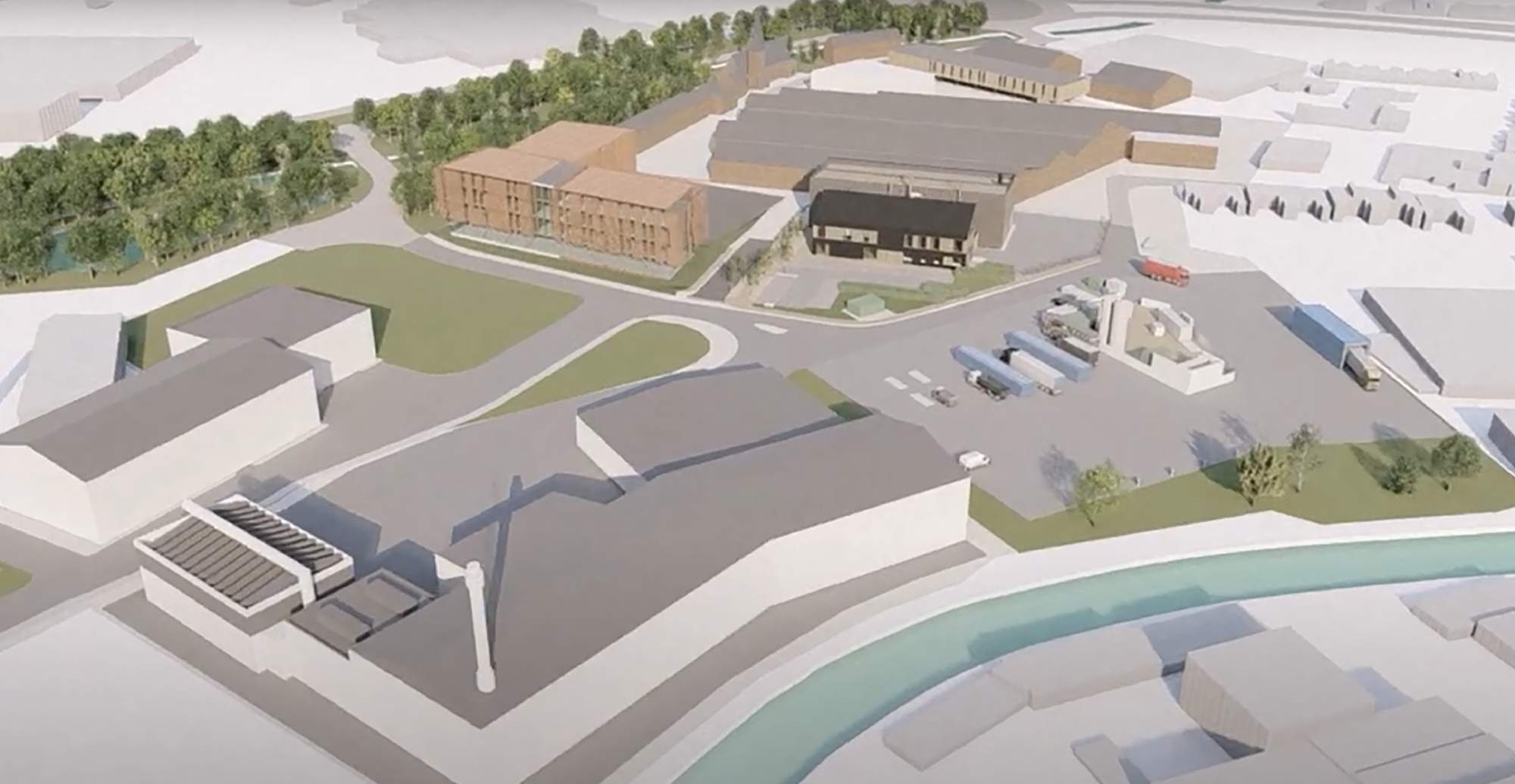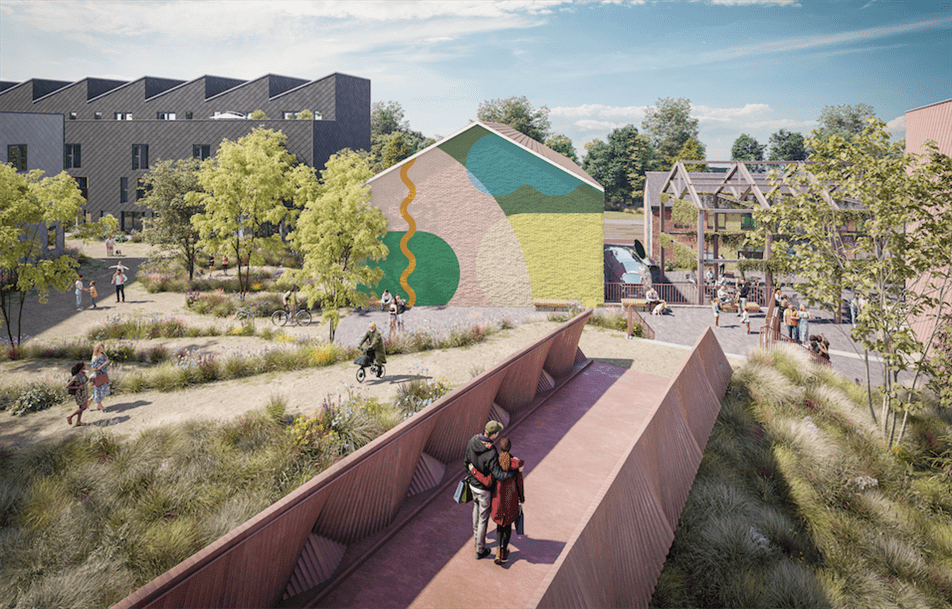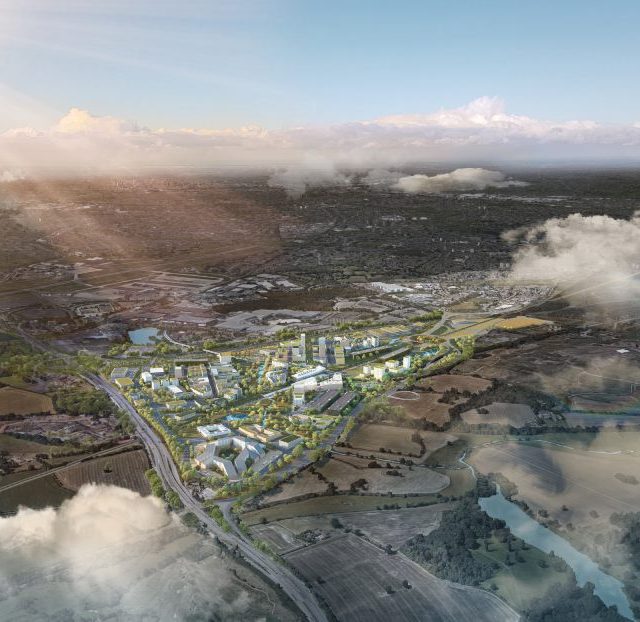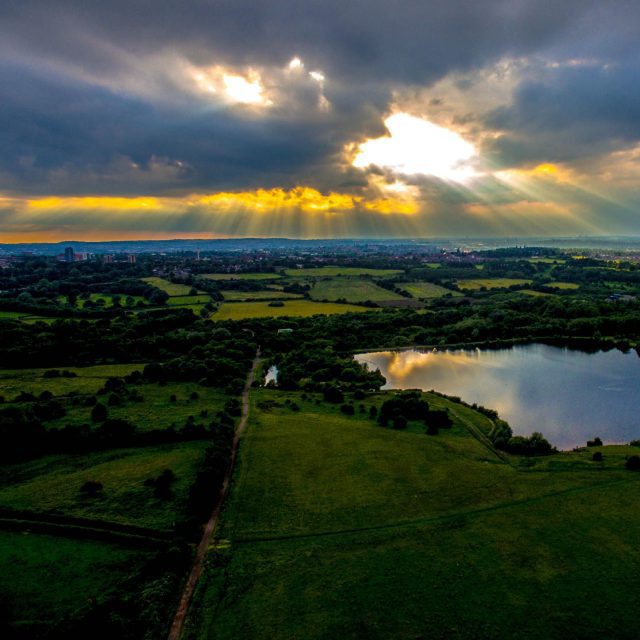Tackling the Complexities of Decarbonisation in the West Midlands

The University of Birmingham’s plans to develop a National Centre for the Decarbonisation of Heat on-site at Tyseley Energy Park have had a huge boost, with the University awarded £20m from the latest round of Levelling Up funding to progress the project.
Looking to tackle one of the most complex and wide-ranging challenges on the road to net zero – the decarbonisation of home heating – the Centre will focus on enabling the rapid scaling up of manufacturing, skills and technology deployment. The project brings together key players across the West Midlands, including Energy Systems Catapult, the Manufacturing Technology Centre and the Energy Research Accelerator, reflecting the region’s unique position as the UK’s leading manufacturing cluster and an internationally competitive energy research cluster.

A hot topic across the UK right now is net zero neighbourhoods (NZN), a fairly new concept based on packaging together decarbonisation projects at a neighbourhood scale, with a clear focus on driving private investment & innovative finance models.
What impact will this project have on the future decarbonisation of the West Midlands?
It is widely accepted that neighbourhood-level engagement is crucial. Technology isn’t implemented without consumer buy-in and understanding, and you only have to have a cursory glance at the press to uncover a nervousness around (or downright mistrust of) certain low-carbon technologies. At its core, a NZN is based on a tailored approach to net zero, with the aim that community co-design alleviates a number of household concerns – cost, disruption, technology and trust. A broad decarbonisation programme that also brings social & environmental impacts to the community – new street lighting, improved parks and sustainable drainage systems are all potential elements of a NZN – can only bolster the chances of household buy-in.

How does this scale?
The need for a neighbourhood approach is recognised due to the snail-pace of retrofit at a household level. But we are currently looking at a single demonstrator in the West Midlands, that takes in around 50 homes and relies on c.£2m of public finance. Given that we know that the decarbonisation of heating in the West Midlands alone would require around a million heat pumps (with the vast majority of these homes in the able-to-pay market), the Brockmoor project is small fry.
What is crucial is cracking the question of finance. Brockmoor, and the handful of demonstrators to follow, will aim to provide an evidence base for a replicable and scalable finance model. As highlighted in 3Ci’s work (part of the Connected Places Catapult), coordination across transport, energy, housing and waste is a route to delivering a blended finance model that would work for banks and institutional investors – effectively creating a cross-subsidy for technologies with unviable commercial returns.
For the first time, organisations including Energy Capital (part of the WMCA), are exploring financial models which place value on health & social outcomes, and whether local stakeholders such as NHS Trusts would contribute to NZNs in lieu of future benefits such as reduced chronic disease.
MEET THE WEST MIDLANDS
This year, for the first time, the West Midlands will be presenting at the UK’s biggest real estate conference, UKREiiF 2024.
Come and join us on Tuesday 21st May at 3:00 pm for the ‘Delivering Low Carbon Infrastructure at Scale and Pace’ event session to uncover more valuable insights into the West Midlands’.
Event Programme for the West Midlands Pavilion at UKREiiF 2024


